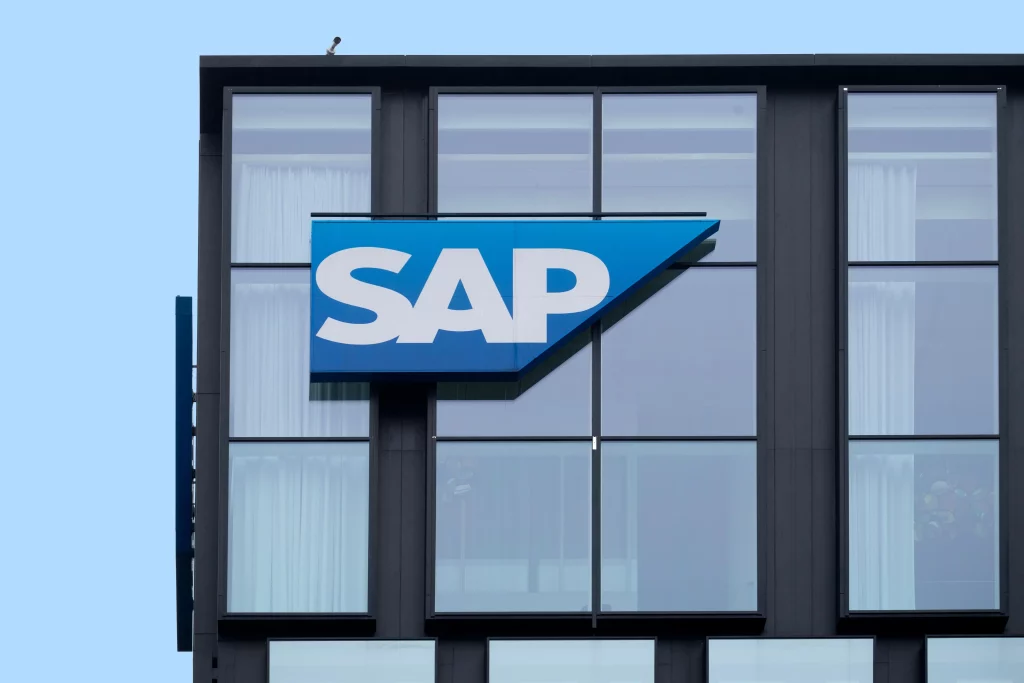The European Commission has opened a formal antitrust investigation into SAP, one of Europe’s largest technology companies, focusing on its maintenance and support services for on-premises software. Regulators say they are concerned SAP may have restricted competition in this market segment, leaving customers with fewer choices and higher costs.

EU’s Concerns: Restricted Competition and Unfair Conditions
Brussels regulators stated the probe is aimed at SAP’s practices in the “after-market” of maintenance and support services for its software. The Commission is examining whether some of SAP’s policies amount to “exploitative conduct” or unfair trading conditions.
Announcing the investigation on Thursday, EU competition chief Teresa Ribera said:
“We are concerned that SAP may have restricted competition in this crucial after-market, by making it harder for rivals to compete, leaving European customers with fewer choices and higher costs.”
The probe marks the European Commission’s first formal antitrust investigation into SAP, although it has been scrutinizing the company’s business practices since at least 2022. That year, Brussels asked customers whether they found it easy or difficult to switch their support contracts from SAP or Oracle to alternative vendors, and whether they could freely choose and renew support services.
Allegations: Exclusive Support and Lock-In Practices
The Commission alleges SAP has:
- Required customers to buy maintenance and support exclusively from SAP;
- Prevented customers from mixing or switching providers;
- Automatically extended initial license terms to lock in support payments;
- Blocked the termination of support for unused licenses; and
- Imposed hefty reinstatement fees on customers wishing to return after a break.
SAP’s Response: Compliance and Industry Standards
Shares in SAP fell almost 2% after the investigation was disclosed. However, SAP strongly defended its position, stating:
“Our policies and actions are fully in line with competition rules. We apply long-standing standards that are common across the global software sector.”
The company pledged to work closely with Brussels to resolve the issues raised, adding it does not expect the discussions with the European Commission to have a material effect on its financial performance.
Background: SAP’s Position in the Market
- Headquartered in Walldorf, southwest Germany, SAP is one of Europe’s few big tech groups, with a market capitalization of about €275 billion.
- The company is strategically shifting from selling on-premises software licenses toward more lucrative cloud service contracts.
- Despite this, SAP continues to generate substantial revenue from its traditional on-premise software, including its legacy ERP (Enterprise Resource Planning) systems. In 2024, SAP’s revenues from software support reached €11.3 billion, compared with overall revenue of €34.2 billion.
- Alongside its US rival Oracle, SAP is one of the two largest providers of ERP software globally, which is used to run companies’ core processes including finance, operations, HR and supply chains.
Why This Matters
This investigation underscores the EU’s broader push to ensure fair competition in digital and technology markets. For SAP, it signals intensified regulatory scrutiny over its high-margin support services at a time when the company is undergoing a strategic transformation toward cloud-based solutions.




